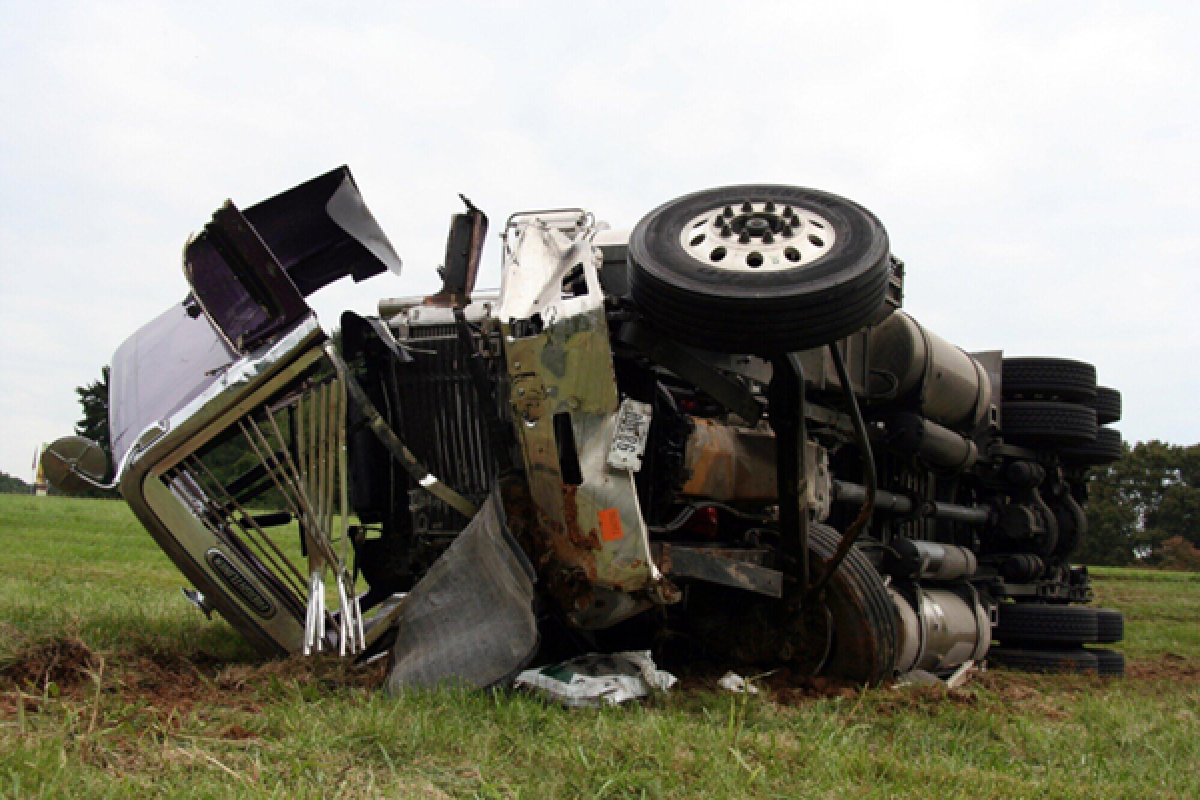Contents of this Post
ToggleAccidents can shake your life in unexpected ways. Medical bills often add stress to an already challenging situation. Who pays for these expenses after a car accident in Everett? It’s essential to understand your options. First, prioritize immediate care. Health should always come first. Then, you can explore financial coverage. Depending on your insurance policy, it might cover some medical costs. Unfortunately, expenses often exceed insurance limits. When this happens, consider seeking legal help. Everett lawyers possess the necessary expertise to guide you. They help you understand your rights and navigate the complex legal system. Choosing the right lawyer ensures you receive fair compensation for your medical expenses. In cases of disputes, having a knowledgeable legal ally can make a significant difference. Remember, you are not alone in this journey. Reach out to professionals who can help you make informed decisions and ease your burden.
Understanding the Basics of Car Insurance
Car insurance can be confusing, especially after an accident. Different coverages apply based on your policy. Generally, personal injury protection (PIP) helps cover medical bills. Not all policies automatically include PIP, so it’s important to check. Some drivers might only have liability insurance, which doesn’t cover their medical costs. Liability typically covers the other driver’s expenses if you’re at fault.
Comparing Insurance Options
| Insurance Type | Covers Medical Bills? | Details |
| Personal Injury Protection (PIP) | Yes | Helps cover your medical bills regardless of who is at fault. |
| Liability Insurance | No | Covers the other party’s expenses if you are at fault. |
Steps to Take After an Accident
After ensuring everyone’s safety, collect information. Gather insurance details from all involved parties. Document the scene, take photos, and note important details. This information can help your insurance claim process. Filing your claim promptly is crucial. Delays can complicate your case.
Exploring Legal Assistance
If insurance doesn’t cover everything, legal help may be crucial. Legal guidance can clarify options and outline potential compensation. Not every situation requires a lawsuit. Sometimes, negotiations lead to settlements that cover bills. An experienced lawyer can assess if litigation is necessary.
Understanding Washington State Laws
Washington State operates under a “fault” system. This means the driver at fault is responsible for damages. Determining fault can be complex, involving police reports and witness statements. In some cases, shared fault occurs. Even if you share some fault, you may still receive partial compensation.
Seeking Medical Attention
Always seek medical attention immediately after an accident. Symptoms might appear later, so a prompt check-up is wise. Document all visits, treatments, and costs. This documentation supports your insurance claim and legal case. It shows the impact of the accident on your health and finances.
Alternative Payment Options
If costs remain, consider payment plans with medical providers. Many offer flexible options for accident victims. Discuss these plans openly. Providers often understand financial strains and offer manageable solutions. This can ease immediate burdens while longer-term resolutions are sought.
Conclusion
Navigating the aftermath of a car accident involves multiple steps. You must understand your insurance policy, possibly seek legal help, and explore payment options. If you feel overwhelmed, remember help is available. Rely on trusted professionals to help you through this difficult time. Addressing medical bills promptly and effectively can lead to a smoother recovery process.

